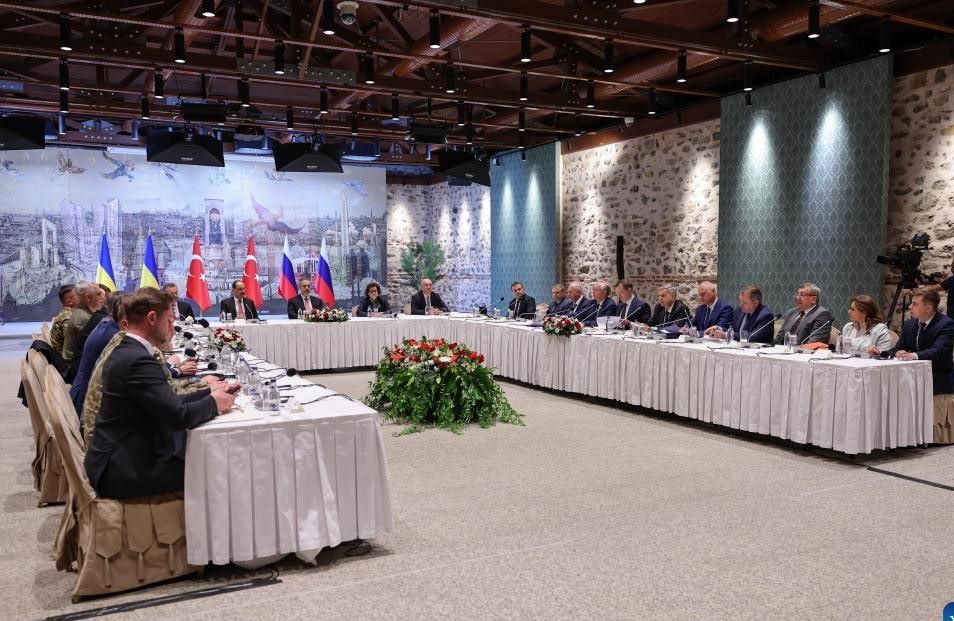In a strong statement to German and international media, German Foreign Minister Johann Wadephul affirmed that a complete victory over Russia in the Ukrainian conflict was impossible, and this was clear from the beginning.
A complete defeat for a nuclear power like Russia was never expected, Mr. Wadephul said, adding: We are now more honest about that.
His speech marked a significant turning point in the public stance of the German government - one of the largest military donors to Ukraine since the war began in February 2022.
This statement also reflects the shift in viewpoints that is gradually taking shape within the West, after more than 3 years of consuming conflict without any significant strategic breakthroughs from Ukraine.
Since the start of the conflict, Western leaders - including the US under President Joe Biden, and German, French and British officials - have repeatedly stated their goal of making Russia suffer a "stratebic defeat".
This argument was used as a foundation for pouring hundreds of billions of USD in military aid, weapons, training and intelligence to Ukraine.
However, after months of fighting, Ukrainian units are continuously losing land along the entire front line, especially in the Donetsk and Kharkov regions. However, Secretary of State Wadephul still believes that Kiev has successfully defended and emphasized that the important thing at this time is to help Ukraine have a strong negotiating position.
Mr. Wadephul's statement took place in the context of Germany's announcement of a new military aid package worth 5.2 billion euros (equivalent to 5.6 billion USD) for Ukraine, focusing on the production of long-range weapons right in the country's territory.
At the same time, the new administration under Prime Minister Friedrich Merz has lifted firearms limitations for German-supported missiles, paving the way for Kiev to strike deep into Russian territory - including the capital Moscow - if it uses a Taurus missile with a range of 500km.
However, Mr. Wadephul's speech showed an increasingly clear paradox: While continuing to provide weapons, Berlin publicly admitted that it could not defeat Russia Militarily and emphasized the role of negotiations.
This war, from the beginning, was determined to end with a negotiated solution, he said.

The German Foreign Minister also warned that the relationship between Berlin and Moscow could no longer be described as a clear-cut peace situation. He also justified Germany's increased defense budget and military expansion by saying Russia was "directly threatening" European security.
On the Russian side, Foreign Minister Sergei Lavrov quickly responded to the German government's statement, saying that Berlin had "played a direct role" through recent actions.
Germany is traveling on the slippery slope that they slid down in the last century, leading to their own collapse, Mr. Lavrov warned.











